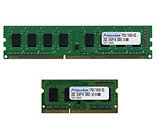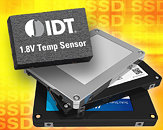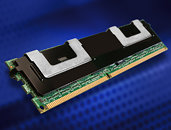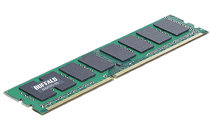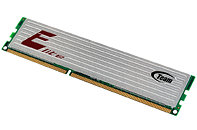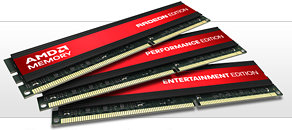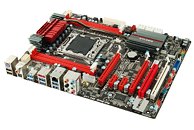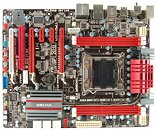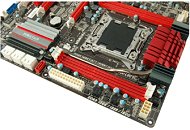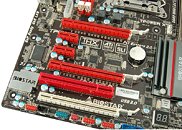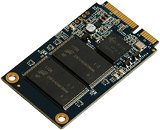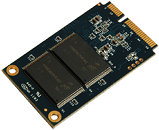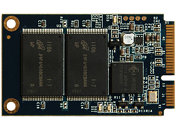Apacer Rolls Out Compact High-Speed mSATA Industrial SSD for Ultrabooks
SSDs, with their advantages of high performance, compactness and low power consumption, are the perfect adaptation of storage products to the emergence of tablet PCs and Ultrabooks. Indeed, SSDs have become the defacto storage solution for ultra-thin notebooks. Apacer, a leading manufacturer of industrial SSDs, understands the demands for even more compactness and has produced a new mSATA A1 modular SSD that features a SATA 3.0 high-speed transmission interface and complies with JEDEC MO-300 standard codes. Currently, this model supports Intel Rapid Start and Intel Smart Response technologies, enabling users to enjoy an almost immediate start-up within seconds and enjoy a continuous high performance of the computer.


